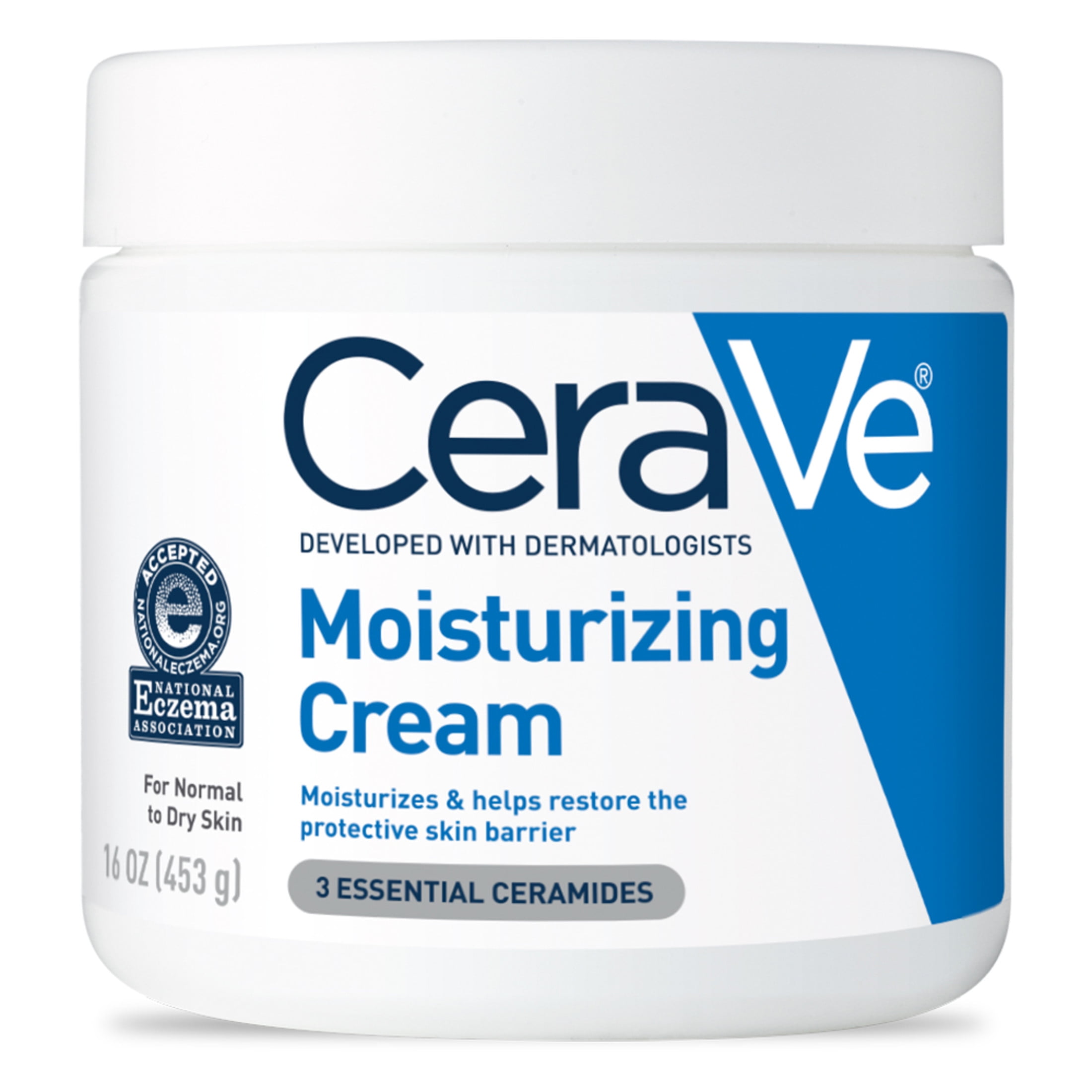Pulse of Information
Stay updated with the latest news and insights.
Moisturizer Mayhem: What Your Skin Really Craves
Unlock the secret to radiant skin! Discover the truth about moisturizers and what your skin truly craves in our ultimate guide.
Debunking Moisturizer Myths: What Your Skin Needs
Many people believe the common myth that moisturizers are only necessary for those with dry skin. In reality, all skin types, including oily and combination skin, require hydration to maintain a healthy balance. Using a suitable moisturizer helps to reinforce the skin's barrier and can prevent overproduction of oil. Additionally, many lightweight formulas are specifically designed for oily skin, ensuring that you can achieve adequate hydration without feeling greasy.
Another popular misconception is that thicker creams are always more effective than lighter lotions. This is not necessarily true, as the moisturizer that works best for you depends on your skin's needs and environmental factors. For example, during humid summer months, a lightweight gel may provide sufficient moisture, whereas a richer cream could be more beneficial in dry winter months. It's essential to listen to your skin and adjust your moisturizer accordingly to achieve optimal hydration.

The Ultimate Guide to Choosing the Right Moisturizer for Your Skin Type
Choosing the right moisturizer for your skin type is essential for maintaining healthy and radiant skin. With so many options available, it can be overwhelming to find the perfect match. Start by understanding your skin type: oily, dry, combination, or sensitive. Each type has specific needs, and selecting a moisturizer formulated for your skin type can make a significant difference in your skincare routine. For oily skin, look for lightweight, oil-free formulations, while dry skin benefits from thicker creams that provide intense hydration.
Once you know your skin type, assess the key ingredients in potential moisturizers. Products containing hyaluronic acid are excellent for hydration across all skin types, while ceramides help to restore the skin barrier, making them ideal for dry or sensitive skin. For those with oily skin, consider a moisturizer with salicylic acid to help control excess oil. Remember, consistency is key—apply your chosen moisturizer daily, both morning and night, to achieve the best results.
Hydration vs. Moisture: What’s the Difference and Why Does It Matter?
When it comes to skincare, understanding the difference between hydration and moisture is crucial for achieving and maintaining healthy skin. Hydration refers to the water content in your skin, which is essential for maintaining its elasticity and overall appearance. If your skin is dehydrated, it may appear dull and flaky. On the other hand, moisture pertains to the oils and lipids that form a protective barrier on the surface of the skin to prevent water loss. This barrier is vital for keeping your skin feeling soft and supple. Therefore, both hydration and moisture play complementary roles in skincare, and neglecting either could lead to various skin issues.
Why does this distinction matter? When choosing skincare products, it's important to select those that address both hydration and moisture. For instance, using a hydrating serum can replenish water levels in the skin, while a moisturizer traps that water to prevent it from evaporating. Focusing solely on one without the other can lead to an imbalanced skincare routine. Here are a few tips to ensure your skin gets the hydration and moisture it needs:
- Use a hydrating toner after cleansing to boost water content.
- Apply a serum rich in hyaluronic acid for hydration.
- Seal in moisture with a good quality moisturizer.